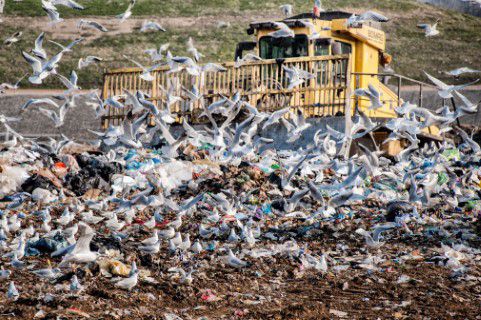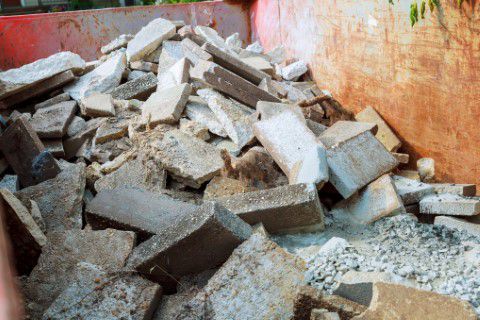
Want to throw out or get rid of some trash you’ve been holding on to? Or recently finished a job that’s resulted in a heap of waste materials? Head to your local dump or landfill in Alaska and get rid of it all in one go.
Whether you dump it at a landfill or transfer station, some of the most commonly accepted items include construction materials, household goods, yard waste, and scrap metals. If you want to donate something else, give them a call before to check.
You’ll find landfills in Anchorage, Central Peninsula, South Cushman, and more. Although not everyone’s too happy about the plans to continue Juneau’s landfill operations for another 20 years, with many claiming the stink has been getting stinkier than usual recently.

